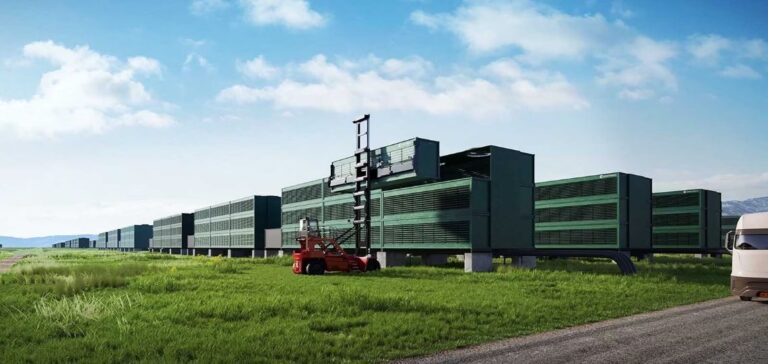8 Rivers Capital, a developer of decarbonization technologies, has engaged Wood to conduct preliminary studies for a carbon capture project in Wyoming. In partnership with PacifiCorp, this initiative seeks to modernize an existing electricity generation site. The preliminary engineering phase (Pre-FEED) is expected to be completed by the third quarter of 2025.
A project based on the Allam-Fetvedt Cycle
This project is based on the integration of the Allam-Fetvedt Cycle (AFC) technology, developed by 8 Rivers, which utilizes direct-fired supercritical CO₂ turbines. Siemens Energy, involved in their development, will continue its support during subsequent phases. The captured carbon dioxide will be directly reused in the electricity production cycle.
Optimization of an existing infrastructure
The integration of AFC technology into an operational power plant is part of a strategy to optimize Wyoming’s existing infrastructure. This approach aims to maintain continuous electricity production and improve the site’s competitiveness by leveraging CO₂ conversion technology.
A strategic partnership
Wood was selected for its engineering expertise and ability to mobilize international resources in the field of carbon capture and conversion. Its involvement in preliminary studies will precede a potential Front-End Engineering Design (FEED) phase, which will assess the project’s technical and industrial feasibility.






















